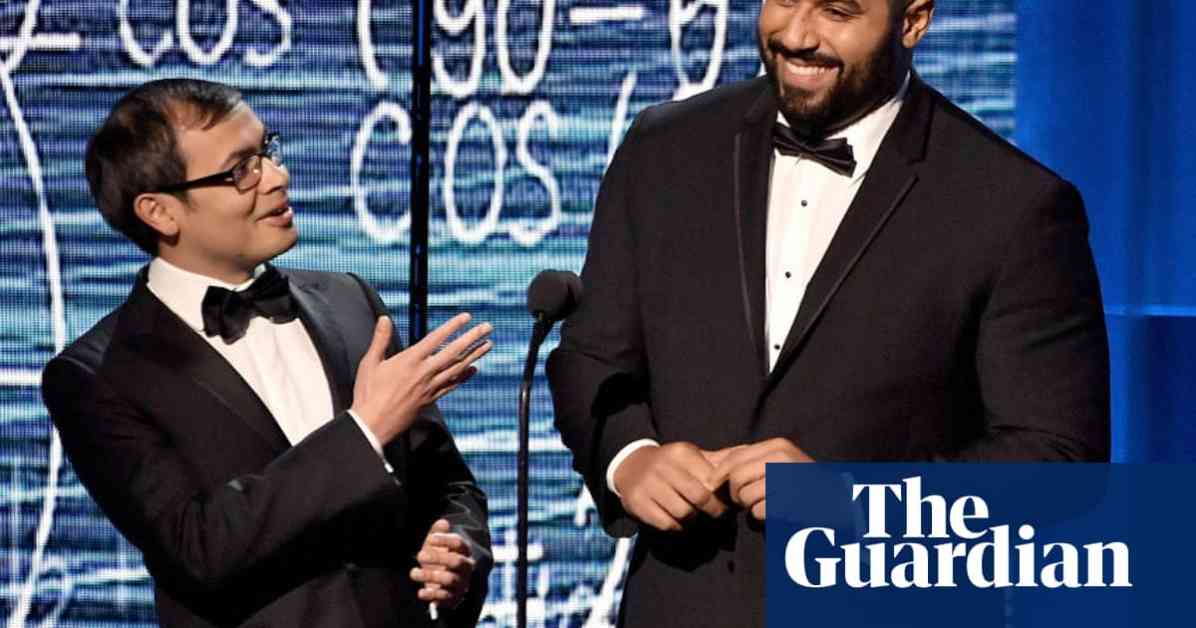John Urschel unlocks the blinds in his second-floor office at the mathematics department of the Massachusetts Institute of Technology. Outside, Cambridge shines in all its springtime glory on a mid-April afternoon. His office screams “college professor” with a computer on one side of the desk, a stack of papers on the other, and books lining the shelves behind him.
With a grin spreading across his face and his eyes twinkling behind his glasses, Urschel dives into his research in linear algebra. As he gestures passionately, you can almost picture those massive hands shielding his quarterback from rival pass rushers – a skill he once showcased as a guard for the Baltimore Ravens.
Urschel describes his current focus – matrix computations – as a method to simplify things, transforming a nonlinear sequence into a linear one. However, not all sequences follow a straight path. Rewind over a decade ago when he was a student-athlete at Penn State excelling in two very different domains – math and football. He faced a crossroads, torn between pursuing the NFL or his math PhD. Ultimately, football took the spotlight momentarily: He entered the draft and was selected by Baltimore in the fifth round in 2014. In his rookie year, he contributed to a playoff run for the team. But something felt amiss: the absence of math discussions from his college days. Gradually, Urschel drifted back to academia, earning his PhD at MIT, where he has been a faculty member since 2023. He asserts that his football days are behind him now, but they have undoubtedly left a mark.
“Somehow, when I watch a game, it’s hard to ever watch it as a fan,” confesses the 33-year-old. “For many, many years, I just watched an insane number of hours of football film. That was my job. It’s very hard to turn that off.” Football has evolved since his playing era, with the rise of analytics and an increased tendency for coaches to go for it on fourth down.
“I think it actually makes the game more exciting,” he remarks. “Good time management leads to closer games.” Despite these changes, Urschel admits he doesn’t follow the game closely these days. “I have no time to watch pro football and barely time to watch college football,” he states.
He doesn’t even have the time for another once-beloved hobby – chess. However, as his children grow older and his professorial career progresses, he aspires to revisit it, possibly even achieving a rating in the 2200s, earning him the title of a national master. His admiration for chess grandmaster Magnus Carlsen is no secret.
“Magnus is Magnus,” Urschel praises. “Magnus is amazing. He’s a singular personality who popularized chess in a way that very few could. In a championship chess tournament, he often emerges victorious, showcasing his impressive skills.”
While Urschel may not reach such heights in chess, his achievements in math speak volumes. He held a postdoctoral position at the Institute for Advanced Study and is a member of the Harvard Society of Fellows. He even has a theorem named after him and one of his mentors – the Urschel-Zikatanov Theorem, which delves into connectivity properties of certain partitions in networks.
As he gears up to teach an introductory linear algebra class at MIT, Urschel reflects on the importance of programs like √mathroots, designed to expand the talent pool in the mathematical community, particularly for underrepresented groups like Black mathematicians.
“There are not many Black mathematicians, very few of us,” he acknowledges. “It can be isolating for others. One of the significant issues in this country is the uneven quality of education, making it challenging to excel in math later on, especially for those from areas with lower math education standards.”
In addition to pondering ways to bridge this educational gap, Urschel, like many in academia, contemplates the pressures facing universities under the Trump administration.
“It’s something on everyone’s mind,” Urschel remarks. “Concern is warranted in all parts of academia. It’s unclear what the future holds for universities in the coming years, especially regarding government funding for fundamental research.”
As he bids farewell, Urschel, clad in a black sweatsuit, still exudes the aura of a football player. While he may no longer have time to watch the sport, his strong opinions on its risks remain unwavering.
“It’s a great sport, but also a very dangerous one,” he cautions. “Anyone involved should be aware of the risks. Staying physically active has its health benefits, but it’s crucial to remember the dangers of serious physical contact.”
And with that, Urschel leaves his office, a man straddling two worlds – football and mathematics, each leaving a distinct imprint on his journey.







